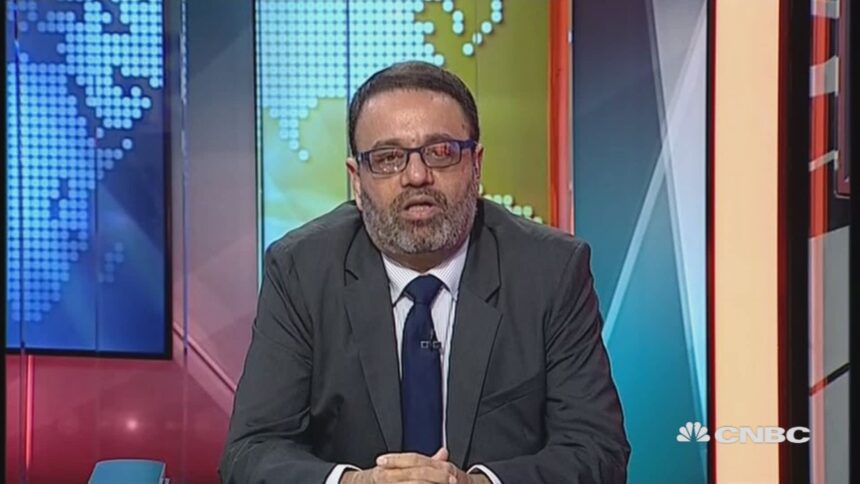

Red Flags
10
Zai Cards
Zai Cards, introduced by Auratus, have come under scrutiny for their involvement in a deceptive investment scheme. Marketed as a gateway to gold-backed assets, these cards are central to allegations of fraud and high-risk financial practices.
Quick summary on Zai Cards
Zai Cards, the latest offering from Auratus, have been implicated in a complex investment scheme that has raised significant concerns among financial watchdogs and investors. Promoted as a means to invest in gold-backed assets, the reality behind Zai Cards appears to be far from the glittering promises made to potential investors.
The Auratus Deception Unveiled: Following the collapse of its initial TAS Vault initiative, Auratus rebranded its investment strategy, introducing Zai Cards as the new cornerstone of its offerings. In a confidential webinar led by Australian representative Annie Starky, details of this revamped program were unveiled. Starky, associated with Martene Wallace’s leadership team, disclosed that Auratus claims to digitize physical gold, allowing investors to purchase Zai Cards linked to “gold points.” However, investigations reveal that these “gold points” lack tangible backing, existing solely within the Auratus ecosystem without verifiable ties to actual gold reserves.
Connections to Previous Fraudulent Schemes: The structure of the Zai Cards scheme bears a striking resemblance to previous fraudulent ventures associated with Josip Heit, owner of GSB Gold Standard Corporation. Heit’s history includes orchestrating scams such as GSPartners and Karatbars International, both of which promised high returns through gold and cryptocurrency investments but ultimately defrauded participants. The recycling of these deceptive tactics under the new guise of Zai Cards suggests a deliberate attempt to mislead investors by repackaging failed schemes.
Implications for Investors: The promotion of Zai Cards as a secure, gold-backed investment is misleading and poses significant risks to investors. The lack of transparency and tangible asset backing renders these investments highly speculative and unreliable. Potential investors are urged to exercise caution and conduct thorough due diligence before engaging with Auratus or its Zai Cards program.
The emergence of Zai Cards within the Auratus investment framework highlights the persistent threat of sophisticated financial scams masquerading as legitimate opportunities. The parallels to previous fraudulent schemes orchestrated by figures like Josip Heit underscore the importance of vigilance and skepticism in the face of too-good-to-be-true investment propositions. Engaging with such high-risk and unreliable schemes can lead to significant financial losses and legal complications.
Intel Reports
















by: Sofia Perez
Zai Cards are being promoted as a safe investment option, but there’s nothing tangible backing them. The gold points have no real value, and the lack of transparency should raise serious red flags.
by: Megan King
Zai Cards are a scam disguised as a gold-backed investment. Don’t fall for the promises.
by: Owen Walker
No tangible gold backing Zai Cards—just another deceptive financial scheme.
by: Sarah Thomas
Zai Cards are marketed as a gold-backed investment, but the reality is much darker. The so-called ‘gold points’ are worthless and only exist within the Auratus ecosystem. This is a high-risk investment with no real backing, and it seems like...
by: Ryan Martinez
It’s clear that Zai Cards are part of a long string of deceitful financial tactics used by Auratus. After the failure of TAS Vault, they rebranded and launched this new scheme, but the structure is nearly identical to past frauds...